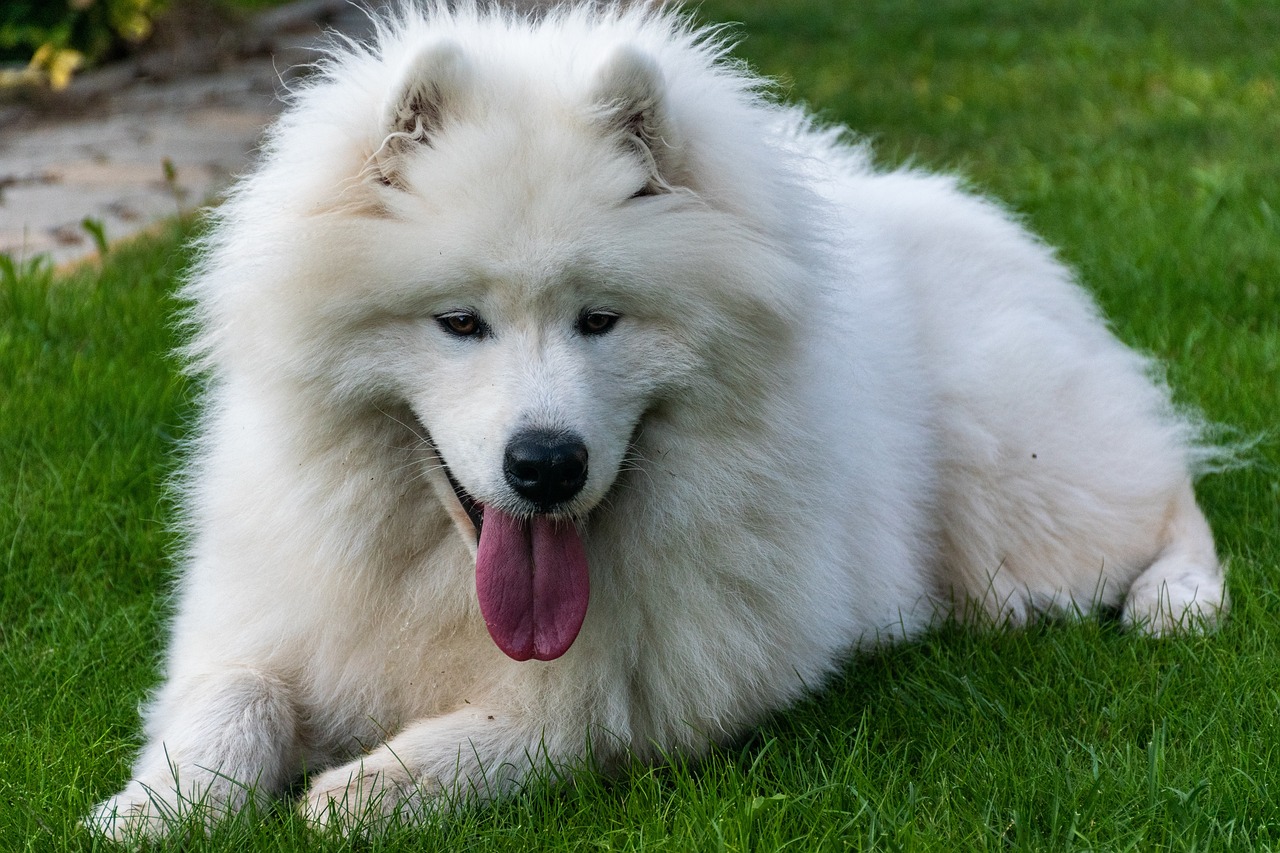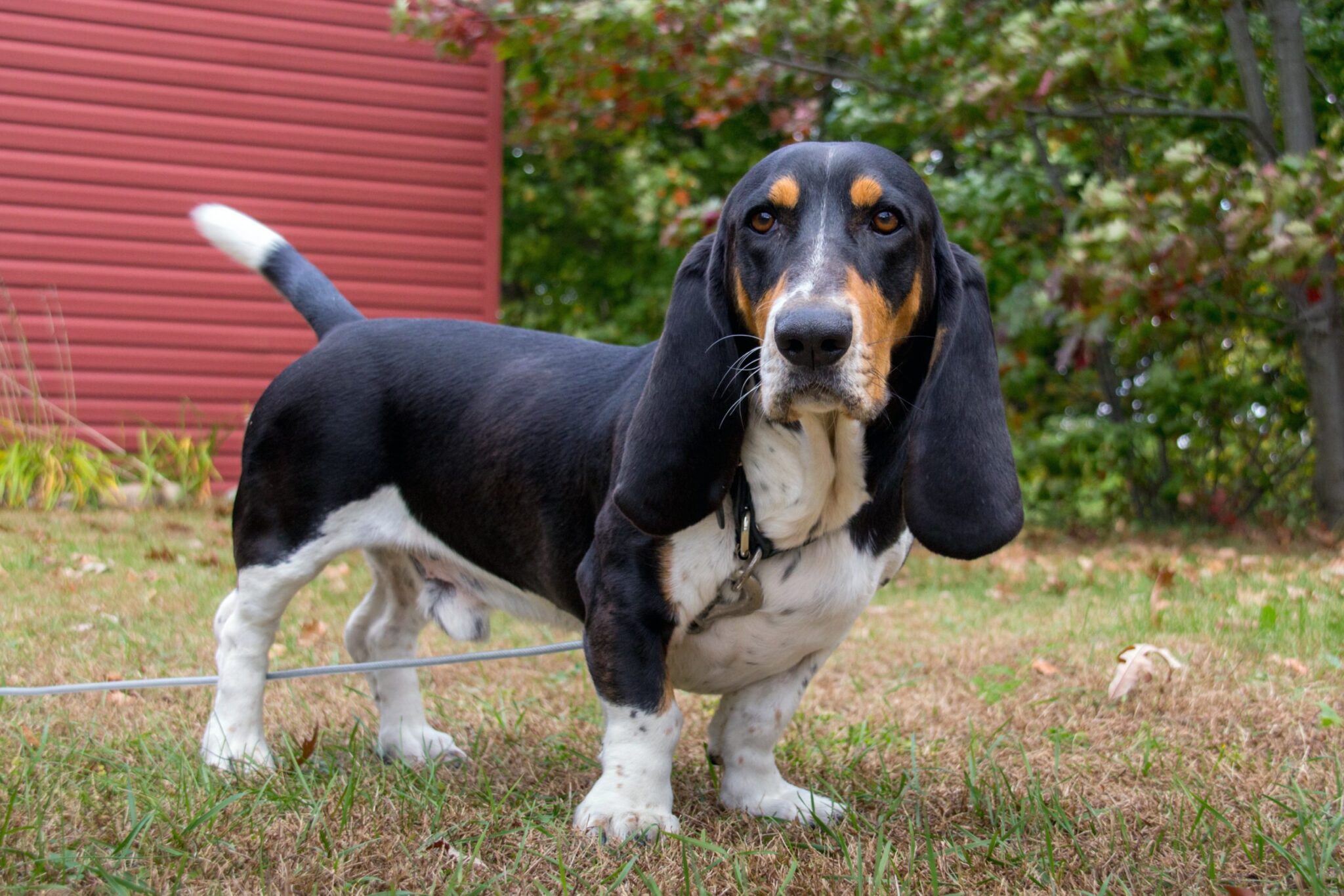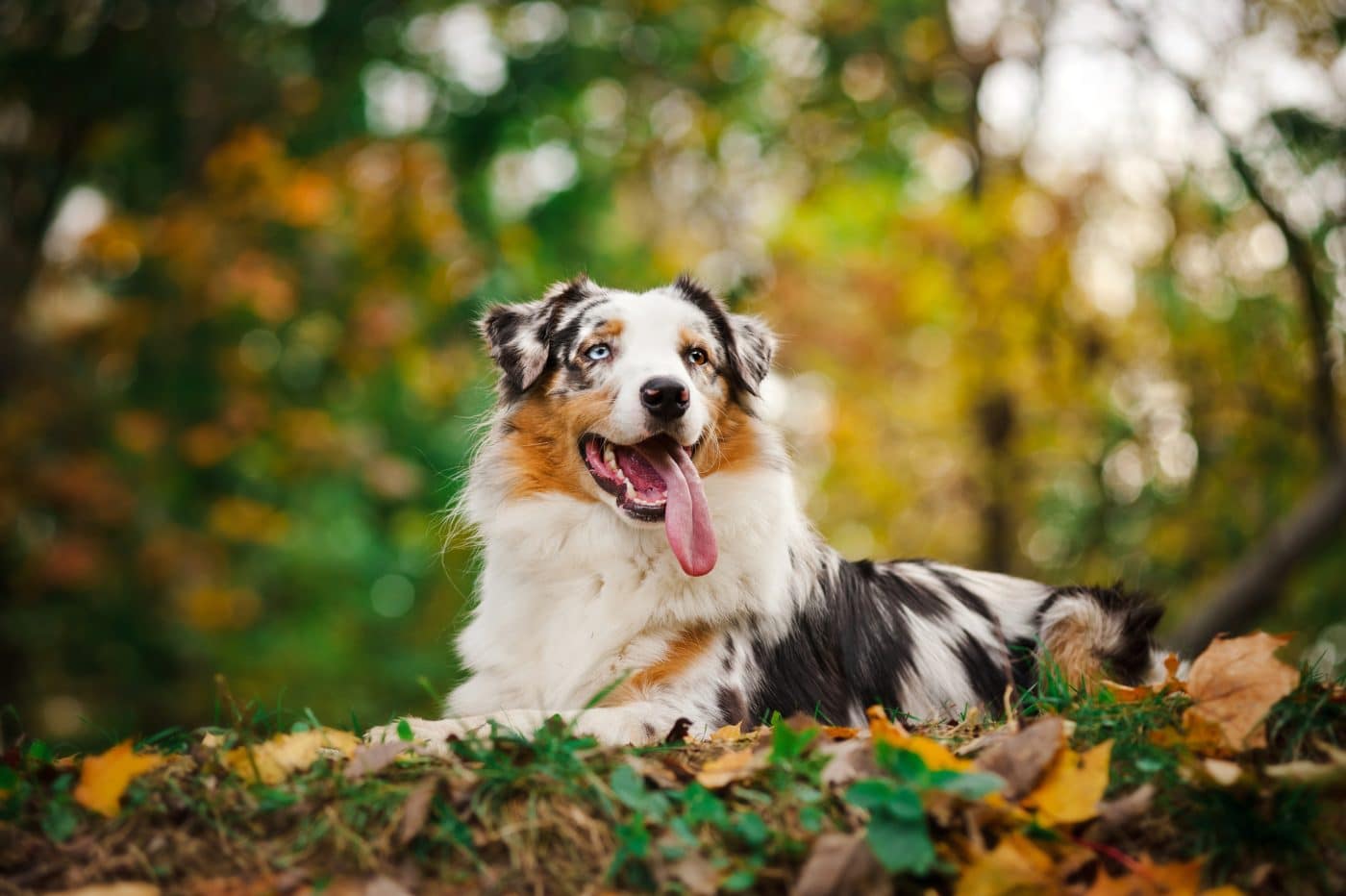 Shutterstock
Shutterstock
Some dogs enjoy peace, but others love to make their voices heard. Whether barking, howling, whining, or making bizarre sounds, these chatty canines always have something to say. If you want a low-key, quiet pup, these breeds aren’t for you. But these dogs will keep you entertained if you enjoy lively conversations (even if you don’t always understand them). They’ll announce when they’re happy, hungry, or the mailman is three blocks away—sometimes for no reason other than feeling like making noise!
Siberian Husky
 Shutterstock
Shutterstock
If there were an Olympic event for dog talkers, Huskies would take home the gold. These vocal, energetic dogs don’t just bark—they yodel, whine, chirp, and make some of the strangest noises ever heard from a dog. They’ll argue with you, sing along with sirens, and hold full-blown conversations about their feelings. If you try to scold them, they’ll likely talk back, making it clear that they have opinions and they will be heard.
Beagle
 Shutterstock
Shutterstock
Beagles have two modes: sniffing and talking about what they’re sniffing. Originally bred as hunting dogs, their signature baying sound carries across long distances—which means your neighbors will definitely know when your Beagle has spotted something interesting. They bark, howl, and even make strange warbling sounds when they get excited. If they feel ignored, expect them to tell you loudly.
Dachshund
 Shutterstock
Shutterstock
Don’t be fooled by their small size—Dachshunds have big voices. Originally bred to hunt badgers, these fearless little dogs have a surprisingly deep bark that can make them sound like much bigger dogs. They’re also known for their dramatic, drawn-out whining when they want attention. If a Dachshund feels they’re being ignored, they’ll happily provide a detailed vocal report on their disappointment.
Shetland Sheepdog
 Shutterstock
Shutterstock
Shetland Sheepdogs, or Shelties, take their job as watchdogs very seriously. If something moves—anything—they will bark about it. They bark when they’re excited, when they’re herding, when they’re playing, and sometimes just because they can. These fluffy chatterboxes have a high-pitched bark that can be persistent, making them excellent alarm systems but possibly a challenge for quiet living situations.
Chihuahua
 Shutterstock
Shutterstock
Chihuahuas may be tiny, but their voices are huge. They love to bark at strangers, noises, and sometimes at absolutely nothing. They’re highly alert, meaning they’ll notify you of everything happening within a five-mile radius. Chihuahuas also have a stubborn streak, and if they don’t get their way, expect to hear about it through a series of whines, growls, and dramatic sighs.
Miniature Schnauzer
 Shutterstock
Shutterstock
Miniature Schnauzers were bred to be ratters and guard dogs, meaning they had much to say about everything. Their alert, curious nature makes them bark at anything unusual—strangers, passing cars, the wind, their reflection… you name it. They also have a distinct, almost talkative way of vocalizing, with a mix of barks, growls, and excited “talking” sounds that make them one of the most expressive breeds.
Alaskan Malamute
 Shutterstock
Shutterstock
Alaskan Malamutes are the quieter cousins of the Husky—but that doesn’t mean they’re silent. Instead of barking constantly, they prefer howling, grumbling, and making long, dramatic noises that sound like full conversations. If you’ve ever seen a Malamute arguing with their owner, you know how much they love expressing themselves. They’re also notorious for their deep, melodic howls, which can be heard long distances.
Basset Hound
 Shutterstock
Shutterstock
Basset Hounds may look laid-back, but when they have something to say, you’ll hear it. Their signature deep, mournful howls can carry for miles, making them one of the most distinct-sounding breeds. They don’t bark constantly, but when they do, it’s often a long, drawn-out vocal performance. Bassets also make a range of hilarious grunts, moans, and groans—especially when they’re trying to convince you they desperately need another snack.
Australian Shepherd
 Shutterstock
Shutterstock
Australian Shepherds are not just intelligent and energetic—they’re also expert communicators. They bark, whine, and sometimes just make noise for the sake of making noise. They’ll talk to you while playing, working, and waiting for food. Many Aussie owners report their dogs making bizarre murmuring sounds as if trying to form actual words. If you like a quiet house, this breed might not suit you.
Yorkshire Terrier
 Shutterstock
Shutterstock
Yorkies may be small, but they have zero chill when it comes to barking. They were originally bred to hunt rats in textile mills, which means they’re highly alert and always looking for something to report. They love to bark at anything unusual—especially if they think someone might be approaching the house. If you don’t respond quickly, they’ll continue until you acknowledge their important announcements.
Samoyed
 Shutterstock
Shutterstock
Samoyeds are famous for their Sammy smile—but they’re also known for their unique vocalizations. They don’t just bark; they sing. Samoyeds have a signature “talking” sound that’s somewhere between a howl and a yodel. When excited, they often let out a high-pitched, musical warble that sounds like they’re attempting to start a conversation. If they’re feeling playful or ignored, expect a full opera performance.
The Barking Never Stops, and Neither Does the Drama
 Shutterstock
Shutterstock
Silence is never an option if you have one of these chatty breeds. These dogs have opinions, stories, and dramatic commentary on everything happening in their world. Whether it’s a Husky arguing about bedtime, a Beagle reporting every squirrel sighting, or a Chihuahua loudly expressing their royal demands, they make sure their voices are heard. If your pup barks, howls, or whines at everything—or absolutely nothing—congratulations! You officially live with a furry little gossip who always has something important (or completely unnecessary) to say!
 Toledo, United States.
Toledo, United States.